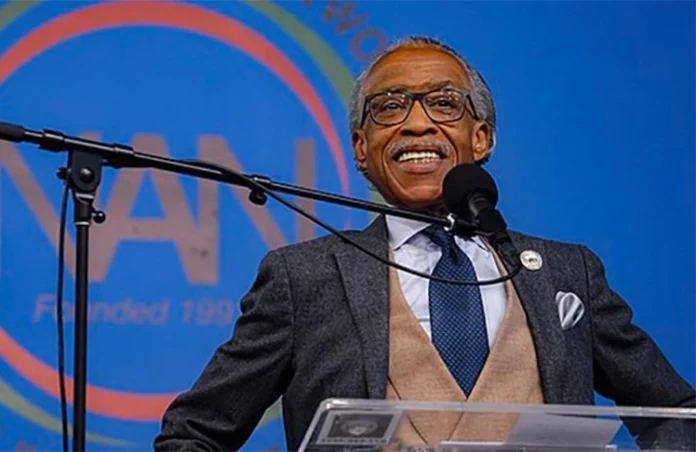Rev. Al Sharpton Challenges DEI Backlash at PepsiCo and Target
Civil rights leader Rev. Al Sharpton is urging a boycott of PepsiCo and Target in response to what he describes as the companies’ retreat from their commitments to diversity, equity, and inclusion (DEI) initiatives. The move follows growing criticism and legal pressure on large corporations over their DEI efforts following the 2020 racial justice movement.
Sharpton, along with the National Action Network (NAN), is calling on consumers to hold brands accountable for scaling back diversity programs under political and shareholder pressure. Target and PepsiCo are specifically under fire for what NAN claims are reductions in outreach, representation, and supplier support for communities of color.
Corporate Pressure on DEI Gains
This initiative comes amid increasing legal challenges targeting DEI policies. Conservative activists and political groups have been filing lawsuits contending that such programs amount to racial preference and discrimination. In response, multiple corporations have either quietly scaled back their DEI efforts or removed references to them from public-facing materials.
Target has already faced pushback over its Pride Month merchandise and has reduced in-store displays amid public outcry. PepsiCo has reportedly revisited its DEI strategies following shareholder criticism. Both companies had made substantial pledges in 2020 to increase investment in Black-owned businesses and improve workplace diversity, but Sharpton argues that recent actions mark a retreat from those commitments.
Consumer Demand for Accountability
The push from Sharpton and NAN represents a broader movement among civil rights groups to pressure major consumer-facing brands into sustaining their DEI initiatives despite hostile political climates. “We will not allow corporations to abandon DEI and pretend like the promises made after George Floyd were never made,” Sharpton stated during a press conference.
For FMCG brands, the conflict underscores increasing scrutiny over corporate social responsibility and brand values. As consumers and advocacy groups demand transparency and sustained equity practices, pulling back from public commitments may risk more than reputational damage—it could impact brand loyalty and market performance in increasingly diverse customer segments.
Implications for FMCG Leaders
The boycott threat signals rising tension between stakeholder appeasement and purpose-driven branding. Executives and brand managers must navigate evolving expectations while balancing risk exposure. The decisions companies make today on DEI strategy could have

